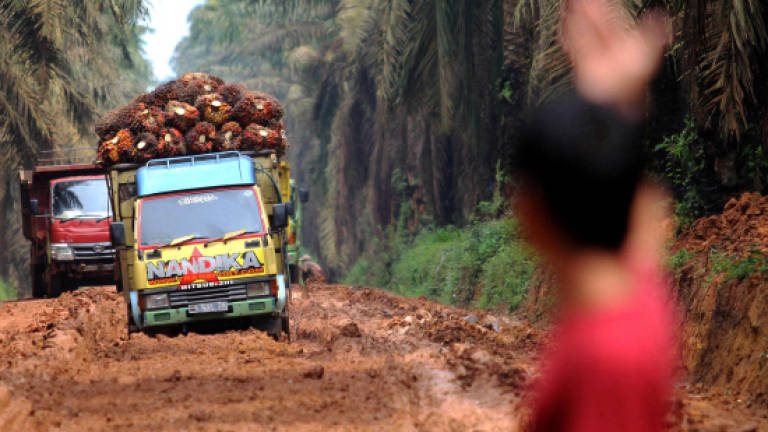EU palm oil move can result in retaliation: Mah

PUTRAJAYA: Malaysia will take all necessary steps to protect its palm oil industry and the 650,000 oil palm smallholders, including retaliating against the European Union (EU) if it were to pass a proposal to ban palm oil in biofuel beginning 2021.
Plantation Industries and Commodities Minister Datuk Seri Mah Siew Keong said he would not rule out Malaysia stopping the import of goods from the EU if the ban were to go through.
"We are taking a lot of efforts to fight the challenge. If the EU takes unfair actions against our palm oil, it will jeopardise the livelihood of our 650,000 oil palm smallholders.
"We do not want any conflict but if the EU presses us, I think nobody will benefit. There are bound to be retaliatory actions," he told Bernama and the New Straits Times here today.
In January 2018, the European Parliament approved a draft proposal to ban palm oil in biofuel beginning 2021, a decision that would potentially affect the livelihood of millions of oil palm growers in Malaysia, Indonesia and Thailand.
Following the move, Mah travelled to several key European countries in February, including France, the United Kingdom, Belgium, Spain and Germany, to seek support and to campaign against the ban.
"Most of them are receptive. We have explained that they cannot blame palm oil unfairly, and I am confident these countries will not take action that discriminates against palm oil.
"If they stop buying our palm oil, we will stop buying their products," he said, adding that the government also highlighted the issue with the World Trade Organisation.
The EU imported 2.06 million tonnes of palm oil worth RM10 billion from Malaysia in 2017, while the country's total exports of palm oil increased to RM78 billion last year from RM67.8 mil in 2016.
Mah said that palm oil, a very competitive edible oil, was a victim of its own success.
"They gang up against palm oil because palm oil is increasing its domination in the world market. In the 90s, palm oil only accounted for 10% of the global vegetable oil market.
"Now it dominates 60% and if the trend continues, palm oil will go on (to dominate) 80 to 90% (of the world market)," he said.
He said the anti-palm oil sentiment from developed countries was also a protectionist policy used to protect their local home-grown oils such as grape seed, soybean and olive oil.
Malaysia is the world's second-largest palm oil producer after Indonesia, while Thailand is ranked third. — Bernama